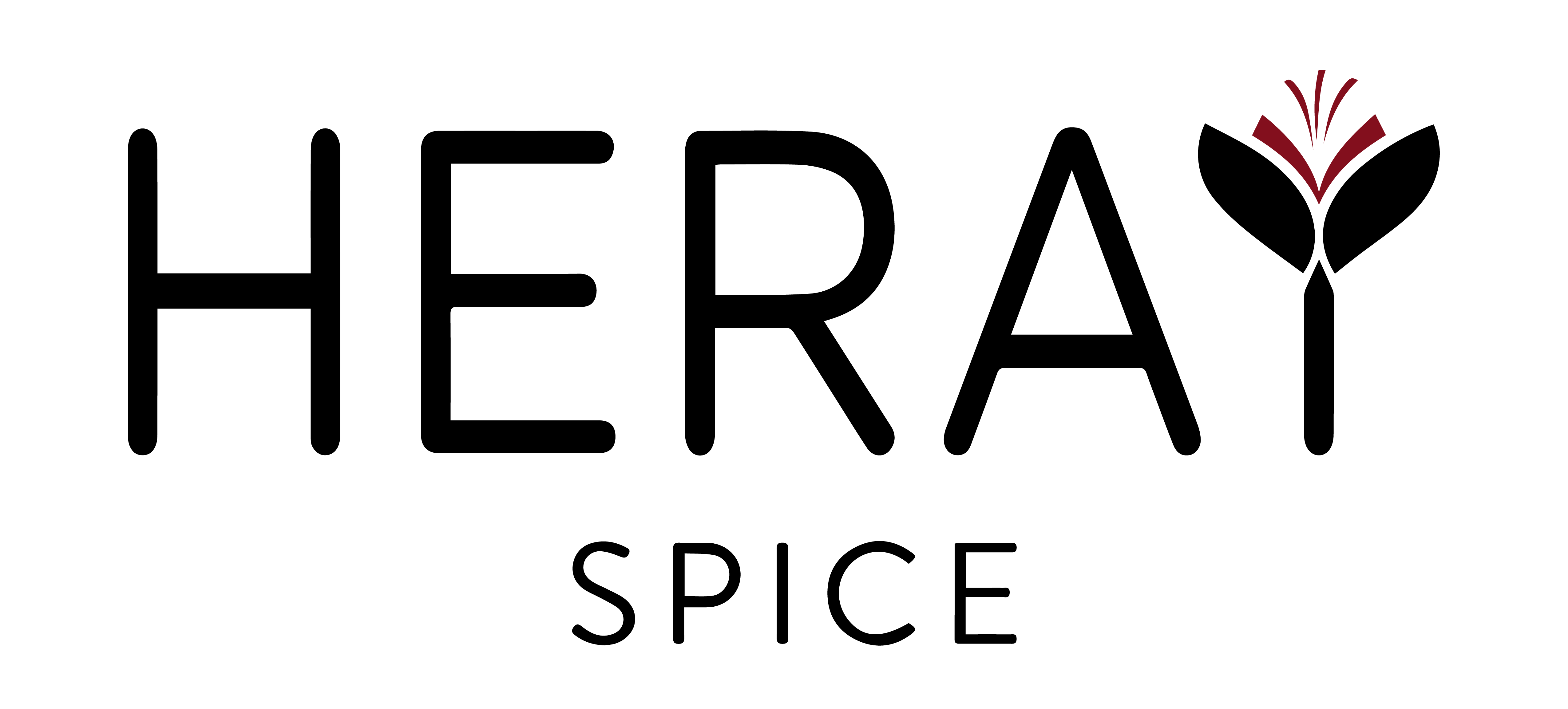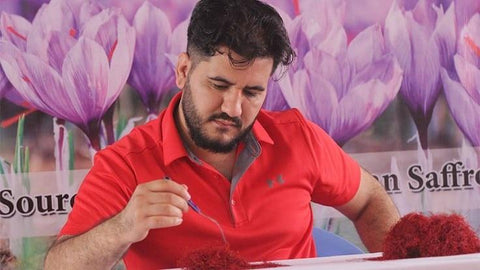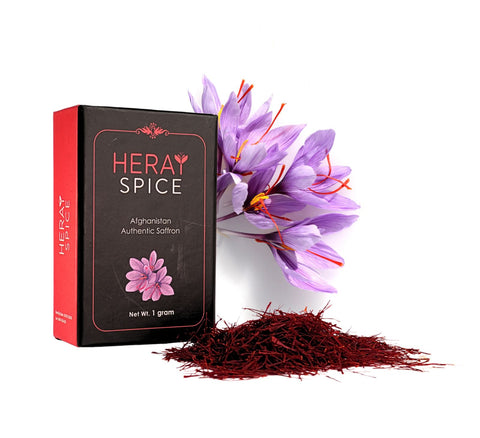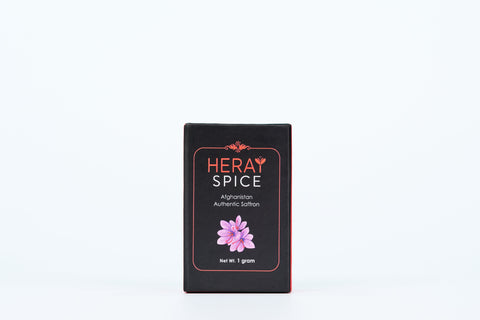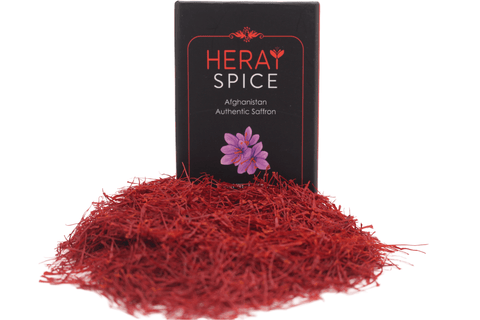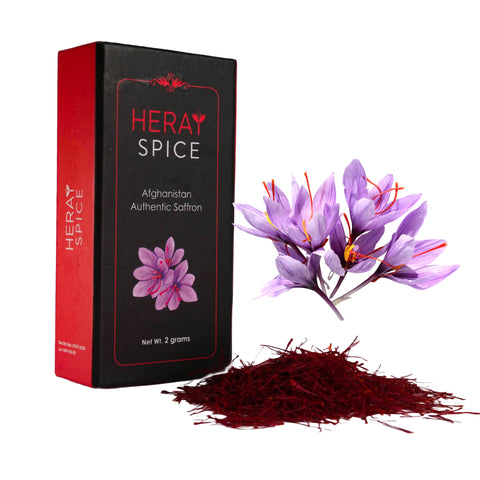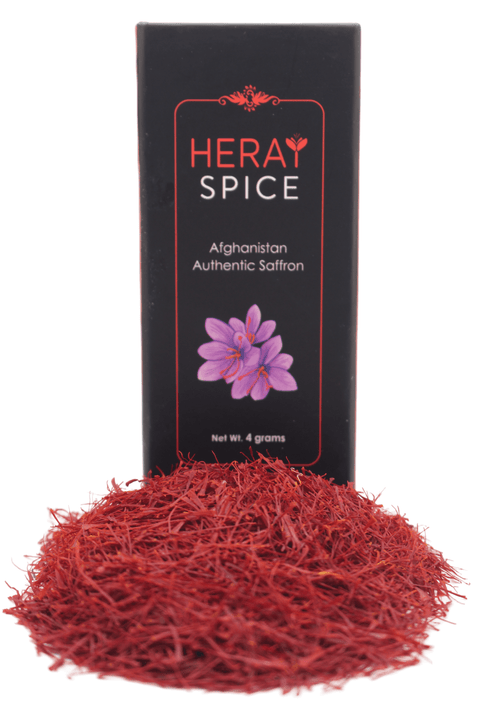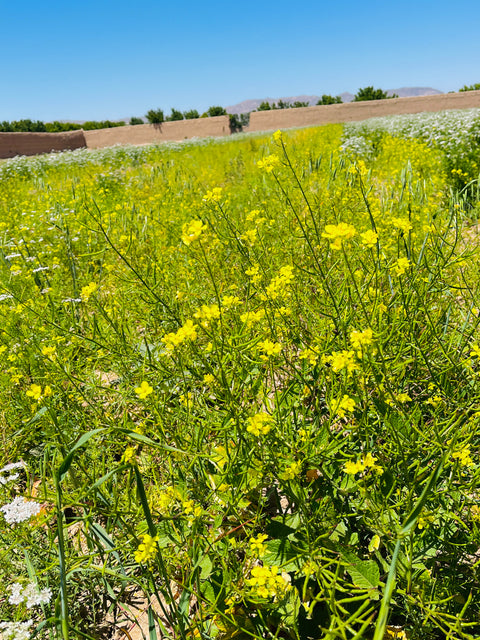Editor's Note: Writer Kristen Hampshire originally interviewed Mohammad Salehi prior to the fall of Kabul, which occurred Aug. 15, 2021. After the Taliban regained control of the country, Hampshire reached out to Salehi to find out how current events might affect his family, Heray Spice and the farmers he works with. The story has been updated with that info. We will continue to update this story as events unfold.
Deep-orange strands from delicate violet saffron flowers are good as gold to Mohammad Salehi.
To him, it’s a sacred spice that promises opportunity for farmers in his home province of Herat, Afghanistan, education for children who benefit from some of its profits and a culinary delicacy for United States chefs who can buy it from his company, Heray Spice.
“The saffron is not appreciated in the local [Afghani] market — no one cares for the farmers,” Salehi said, noting how farmers are limited in the crops they can grow. They are constantly influenced by Taliban insurgents who want them to grow opium since the drug trade finances its insurgency activities.
In 2002 after the fall of the Taliban, when the U.S. and United Nations (U.N.) extended support to cultivate other products such as saffron, some farmers in Salehi’s home region of Haret, which borders Iran, took advantage of the opportunity.
